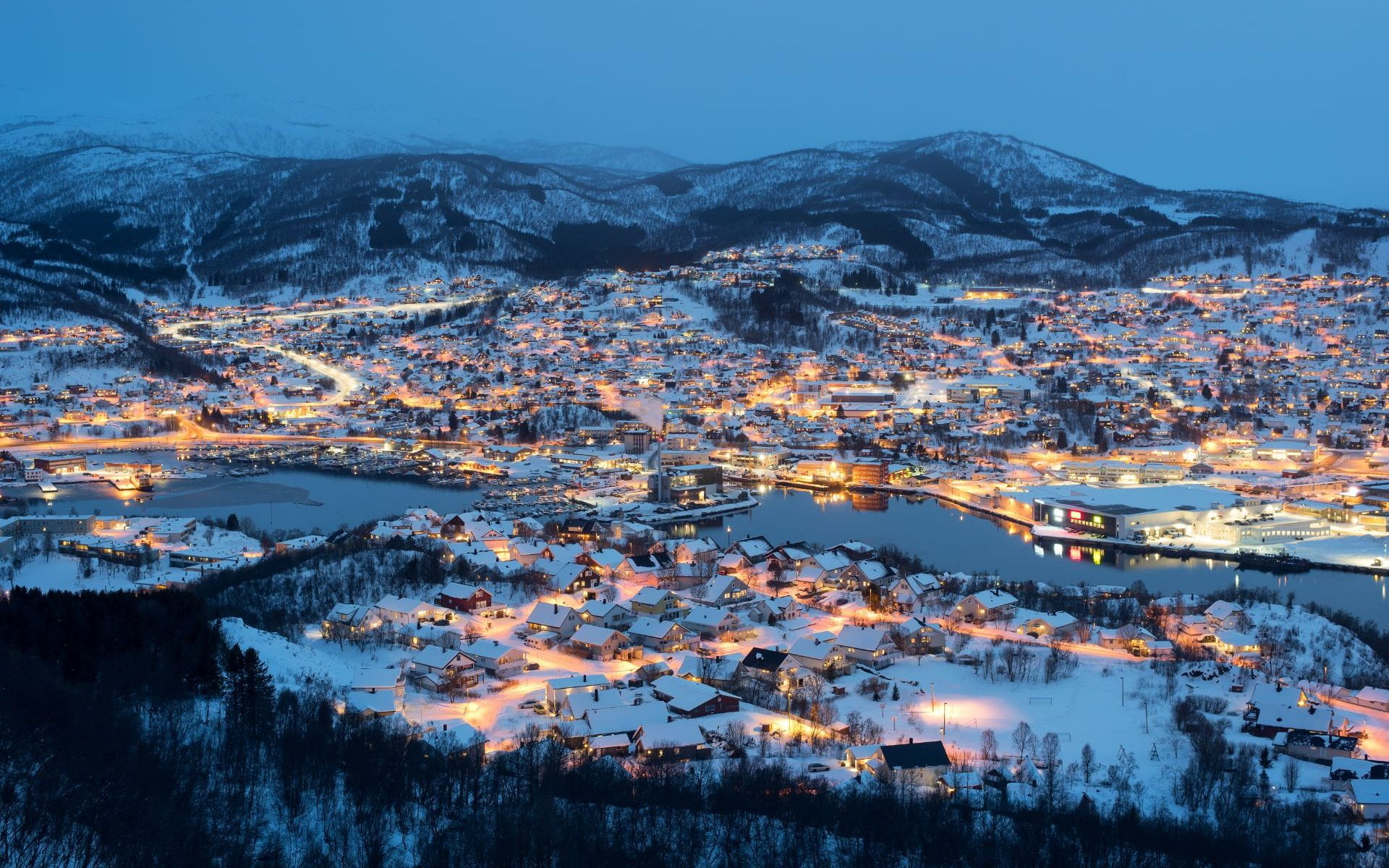For a campus built upon land once known as a malaria-infected industrial hub, it may come as a surprise that the Elliott School and GW are collaborating on no fewer than ten research grants related to the Arctic region. Dr. Robert Orttung and his colleagues are guiding projects examining topics as diverse as gender equality in the Arctic, the connection between Arctic wildfires and disease at high latitudes, the evolution of traditional Arctic communities under the stress of climate change, the opportunities and challenges for Arctic tourism, and long term data gathering and analysis of the Arctic permafrost. The Elliott School Arctic team includes Marlene Laruelle, Nikolay Shiklomanov, Dmitry Streletskiy, Vera Kuklina, and Marya Rozanova.
According to Orttung, “the Elliott School has been successful in getting these grants because of our ability to work across campus with colleagues in a wide range of disciplines. Funders like the National Science Foundation are now encouraging the establishment of large multidisciplinary teams to tackle complex problems like those found in the Arctic. Collaboration is essential in bringing together a wide range of different types of knowledge, including natural science, engineering, and social science. The key is to be able to collect and analyze large amounts of quantitative and qualitative data.”
Elliott School alumni have been getting involved in the Arctic region as well. James DeHart, MA ’91, was recently appointed U.S. Coordinator for the Arctic Region for the State Department. DeHart is a career member of the Senior Foreign Service, holds the rank of Minister Counselor and brings with him 28 years of significant experience in regional security, civilian-military cooperation, and international negotiations. He most recently served as Senior Advisor for Security Negotiations and Agreements where he led the negotiation of the status of forces, defense cooperation, and burden-sharing agreements worldwide.
According to DeHart, “the logic behind the new position of the U.S. Coordinator for the Arctic Region is to protect U.S. interests through a balanced approach to the region, giving attention to security, sustainable economic growth, and continued cooperation among Arctic States to strengthen the rules-based order. As a result of dramatic environmental changes, the Arctic region is becoming more accessible to actors old and new. Russia and China are increasingly active, generating new risks in this era of great power competition. My job is to advise the Secretary and Deputy Secretary of State, ensure we are well coordinated within the State Department, and work across the U.S. Government to align resources with our policy goals. I also work closely with governments in the region, as well as relevant organizations and local communities, to try to maintain the Arctic as an area of low tension and high standards so that it develops in a way that’s supportive of our interests and those who live there. Our office is very small – sparsely populated, like the Arctic! – so we are plenty busy.”
It’s becoming more evident that future practitioners of international affairs will have to be well versed in questions of the environment and sustainability. The climate change affecting all of us is now most visible in the Arctic, where temperatures are rising faster than other parts of the planet. GW’s and the Elliott School’s faculty, students, and alumni are at the forefront, addressing these important issues, not only for the United States, but for the world.

